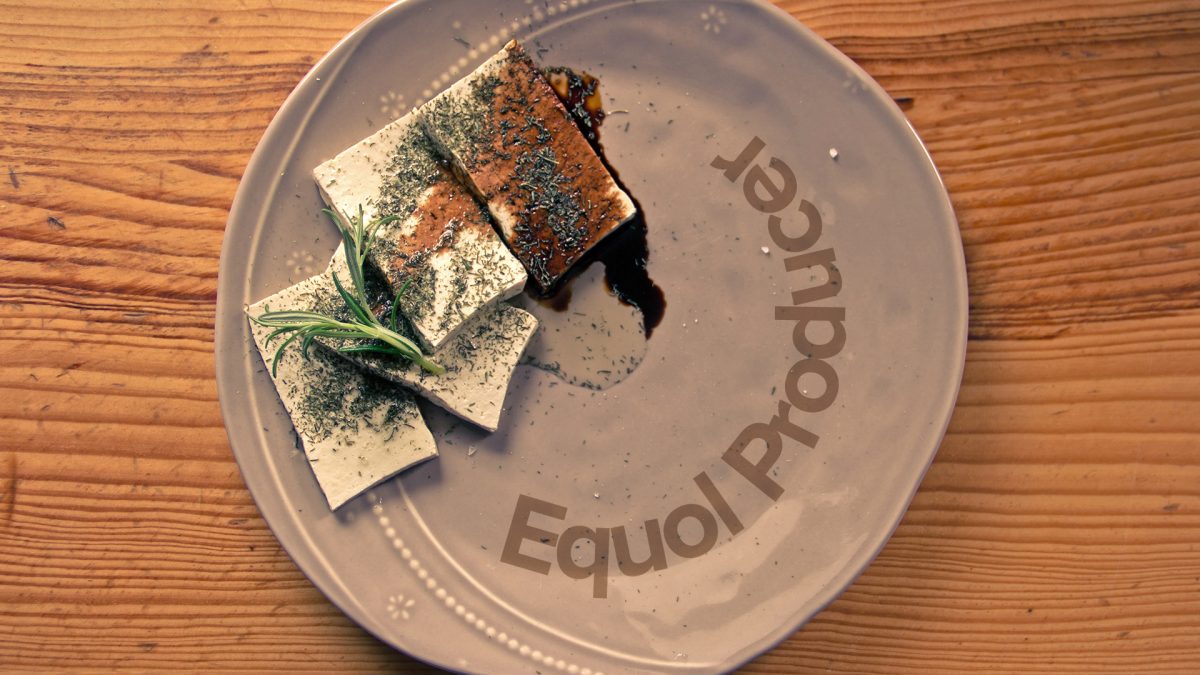
Soy
Tofu, soymilk, miso, tempeh, edamame—these and other soy products, including the soybeans themselves, are high in nutrients you tend to associate with other legumes, including fiber, iron, magnesium, potassium, protein, and zinc.
Soybeans naturally contain a class of phytoestrogens called isoflavones. People hear the word “estrogen” in the word “phytoestrogens” and assume that means soy has estrogen-like effects. Not necessarily. Estrogen has positive effects in some tissues and potentially negative effects in others. For example, high levels of estrogen can be good for the bones but can increase the likelihood of developing breast cancer. Ideally, you’d like what’s called a “selective estrogen receptor modulator” in your body that would have proestrogenic effects in some tissues and antiestrogenic effects in others. Well, that’s what soy phytoestrogens appear to be. Soy seems to lower breast cancer risk, an antiestrogenic effect, but can also help reduce menopausal hot-flash symptoms, a proestrogenic effect. So, you may be able to enjoy the best of both worlds.
What about women with breast cancer? Overall, researchers have found that women diagnosed with breast cancer who ate the most soy lived significantly longer and had a significantly lower risk of breast cancer recurrence than those who ate less. The quantity of phytoestrogens found in just a single cup of soymilk may reduce the risk of breast cancer returning by 25 percent. The improvement in survival for those eating more soy foods was found both in women whose tumors were responsive to estrogen (estrogen-receptor positive breast cancer) and those whose tumors were not (estrogen-receptor negative breast cancer). This also held true for both young women and older women. In one study, for example, 90 percent of the breast cancer patients who ate the most soy phytoestrogens after diagnosis were still alive five years later, while half of those who ate little to no soy were dead.
Soy consumption has also been shown to benefit our kidneys, which appear to handle plant protein very differently from animal protein. Within hours of eating meat, our kidneys rev up into hyperfiltration mode. But, an equivalent amount of plant protein causes virtually no noticeable stress on the kidneys. Eat some tuna, and within three hours, your kidney filtration rate can shoot up 36 percent. But eating the same amount of protein in the form of tofu doesn’t appear to place any additional strain on the kidneys.
For substantiation of any statements of fact from the peer-reviewed medical literature, please see the associated videos below.
Popular Videos for Soy

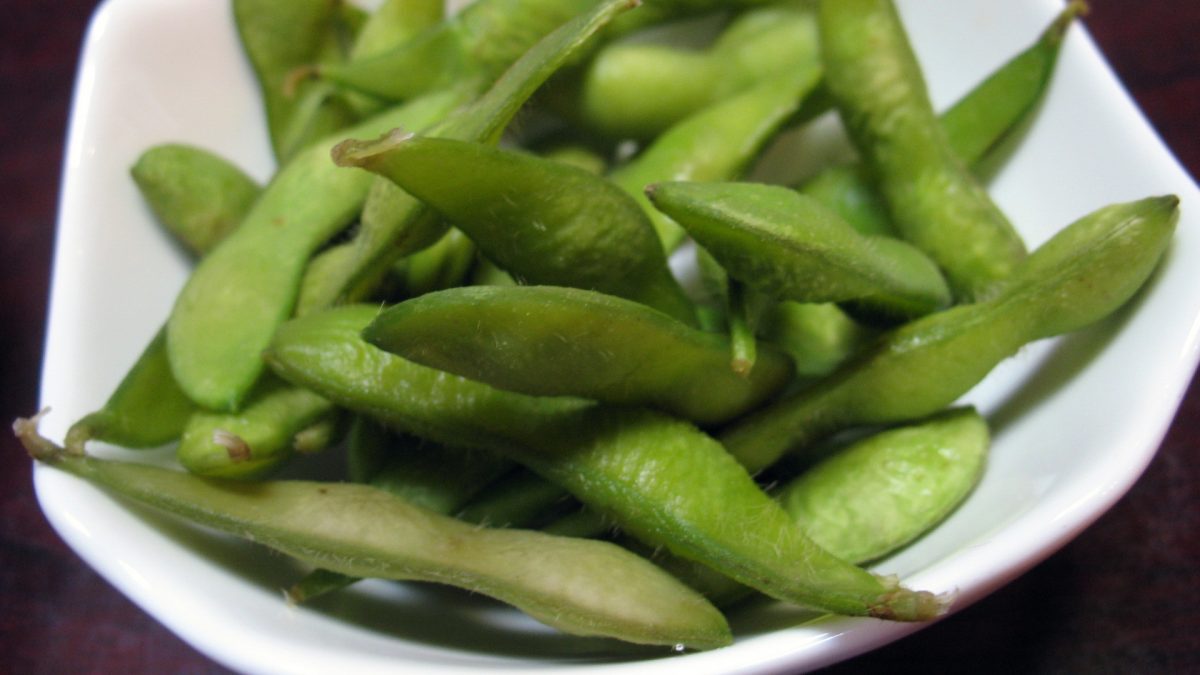
Soy Phytoestrogens for Menopause Hot Flashes
Does soy food consumption explain why Japanese women appear to be so protected from hot...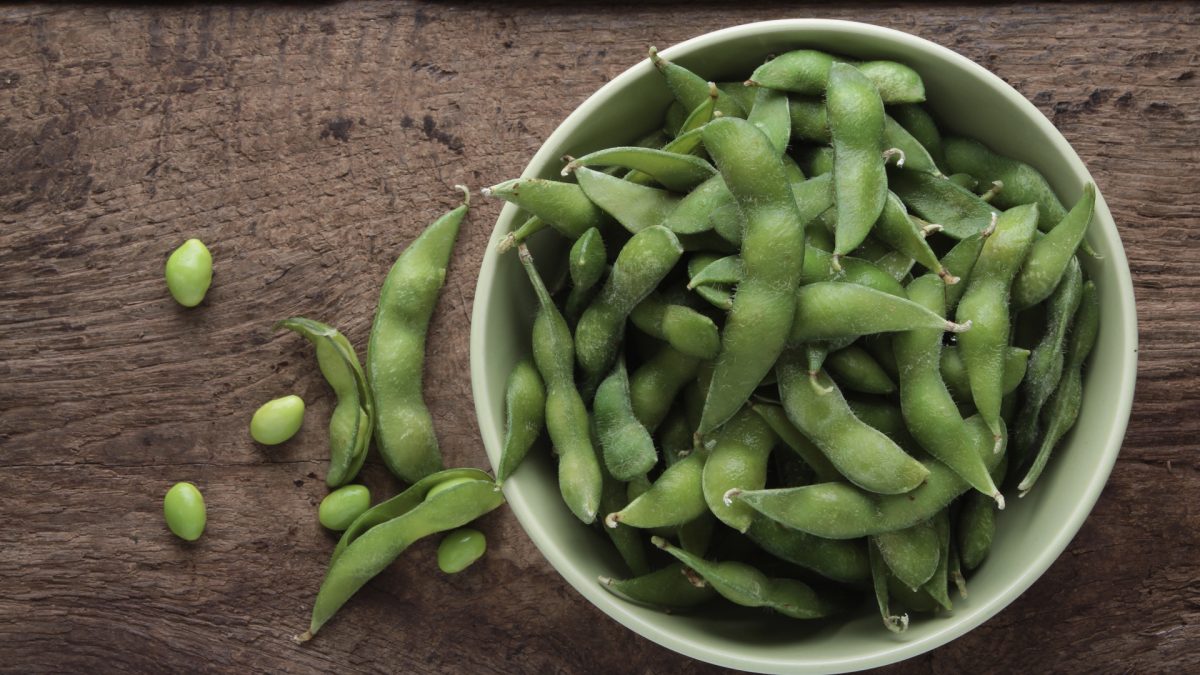
The Role of Soy Foods in Prostate Cancer Prevention & Treatment
Soy is put to the test for the treatment of prostate cancer.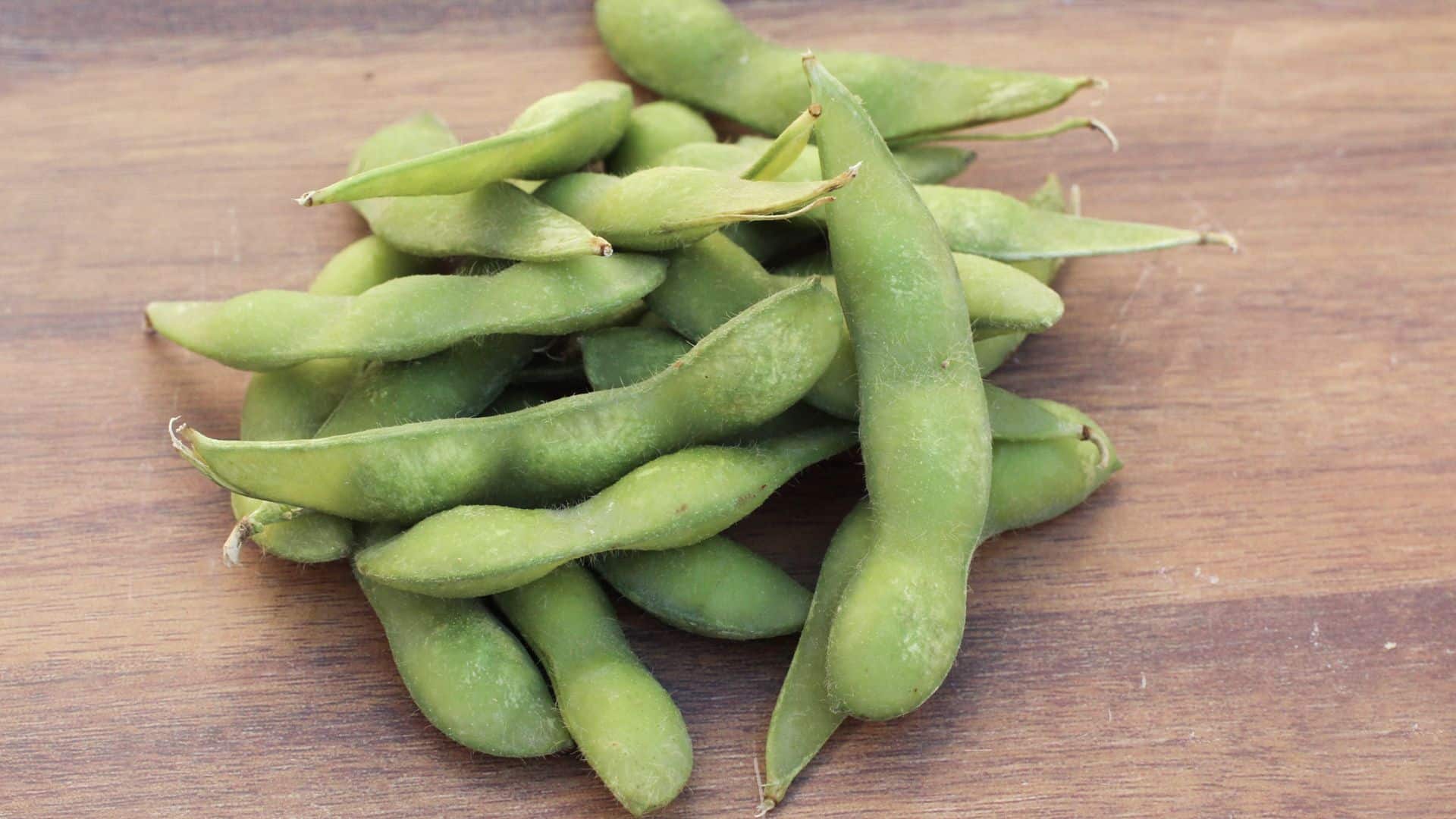
How to Block Breast Cancer’s Estrogen-Producing Enzymes
What happens to hormone levels in women and men randomized to drink soy milk?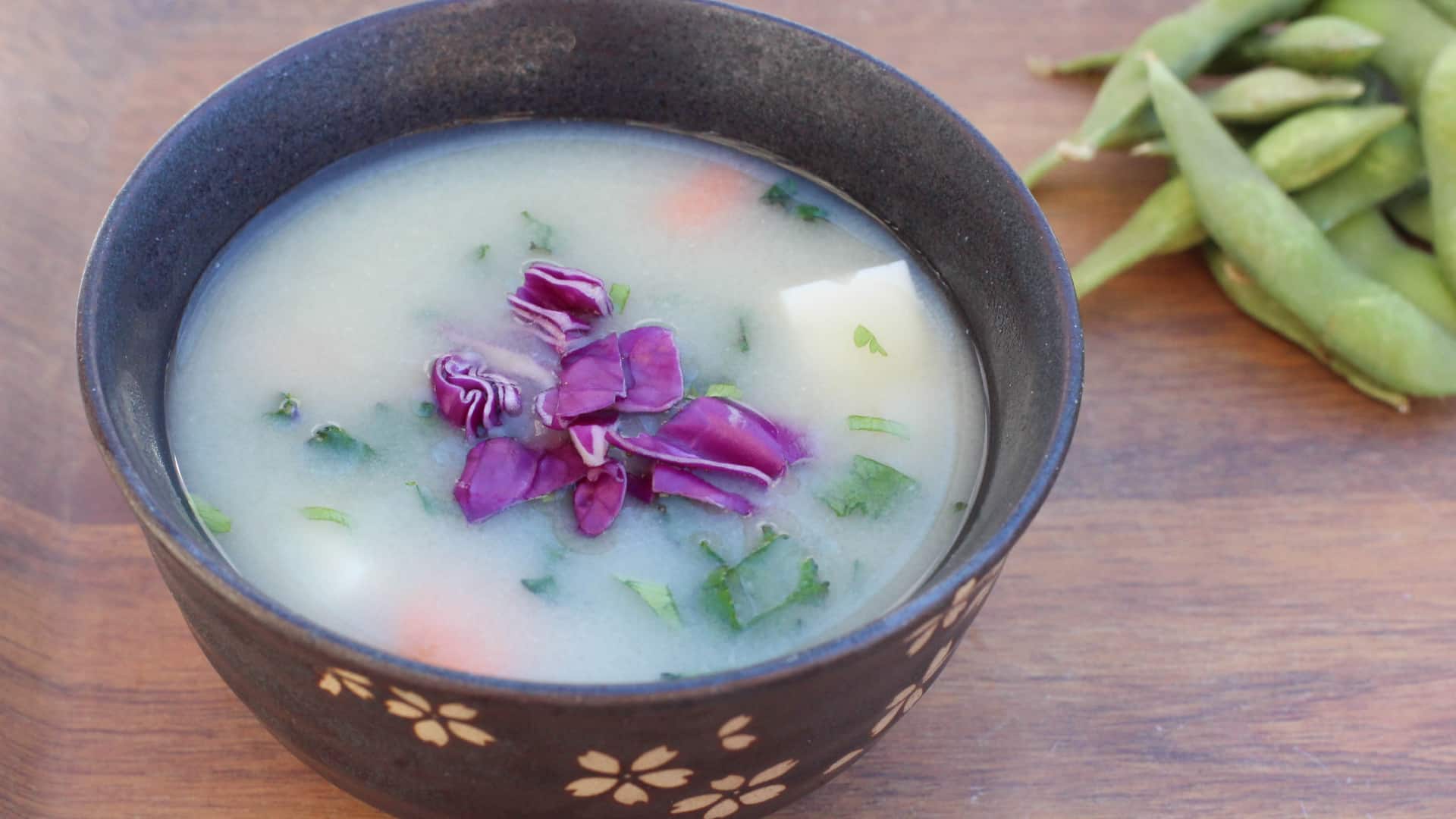
Is Miso Healthy?
Miso is packed with sodium, which is linked to both stomach cancer and high blood...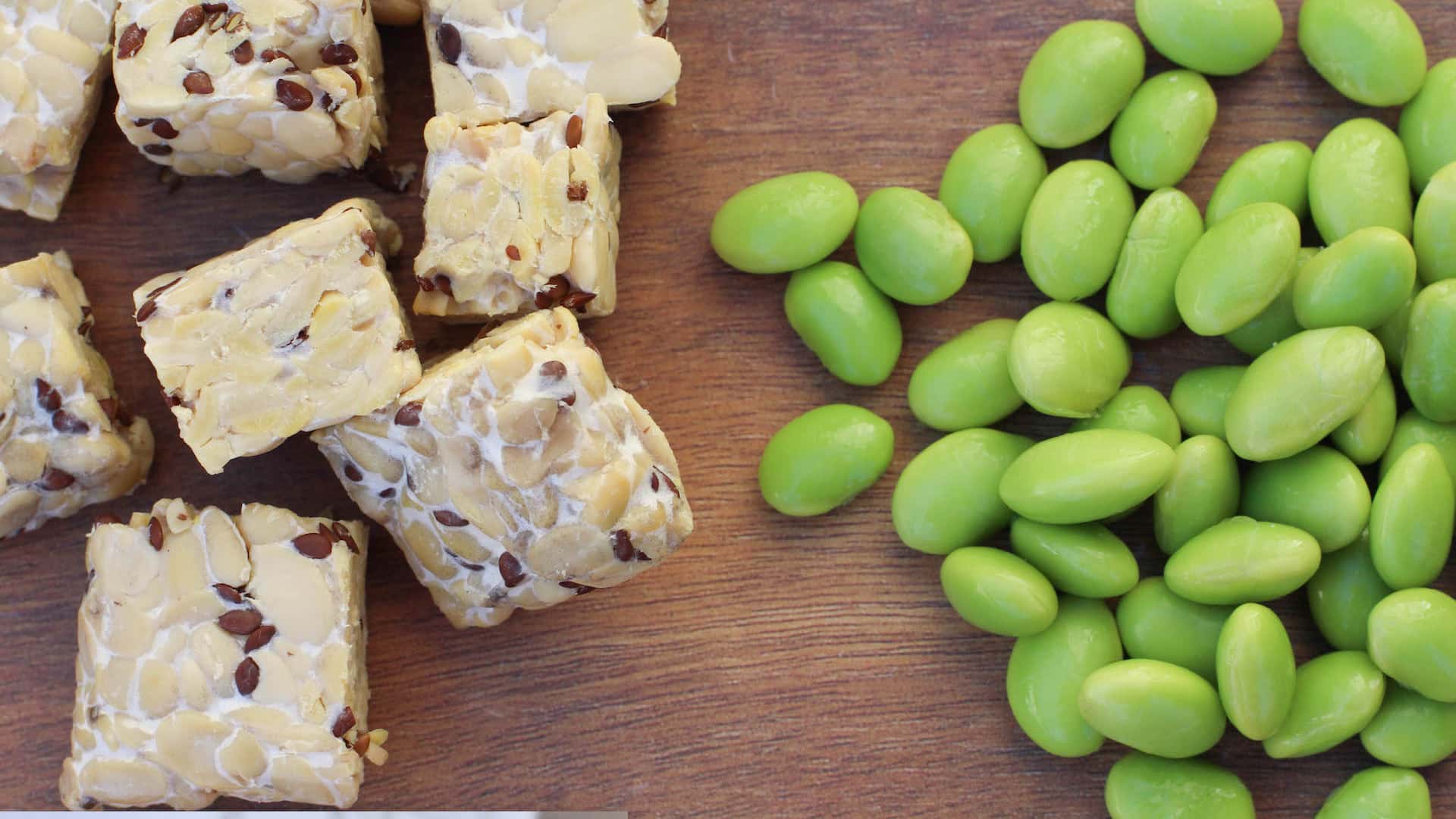
Is Soy Healthy for Breast Cancer Survivors?
What role do soy phytoestrogens play in the prevention and treatment of breast cancer?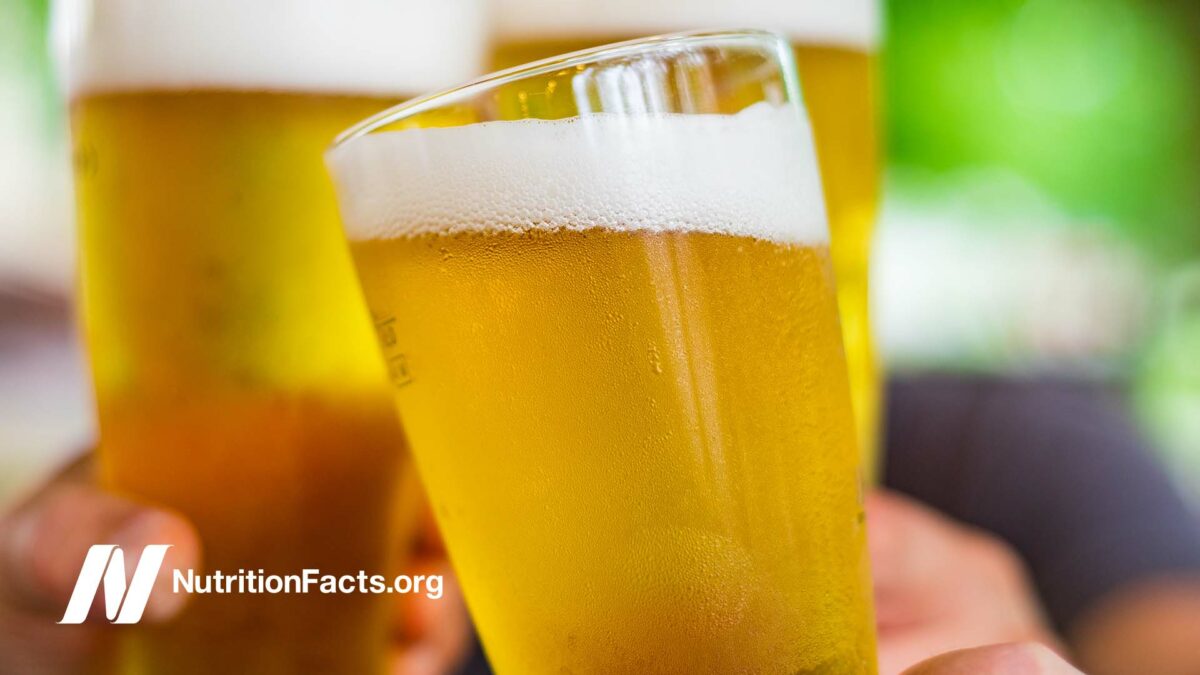
The Most Potent Phytoestrogen Is in Beer
The reason women who handle hops start menstruating is because of a phytoestrogen that ends...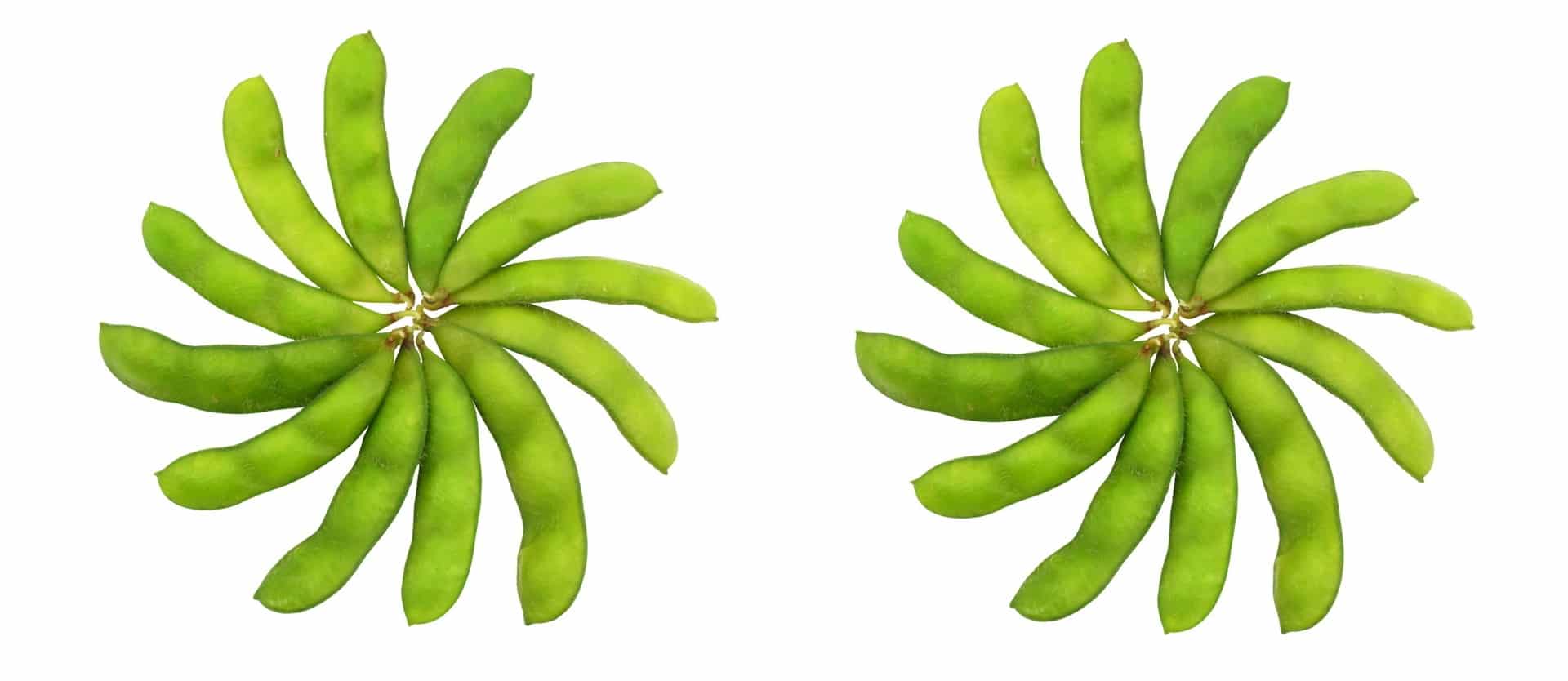
BRCA Breast Cancer Genes and Soy
One reason why soy consumption is associated with improved survival and lower recurrence rates in...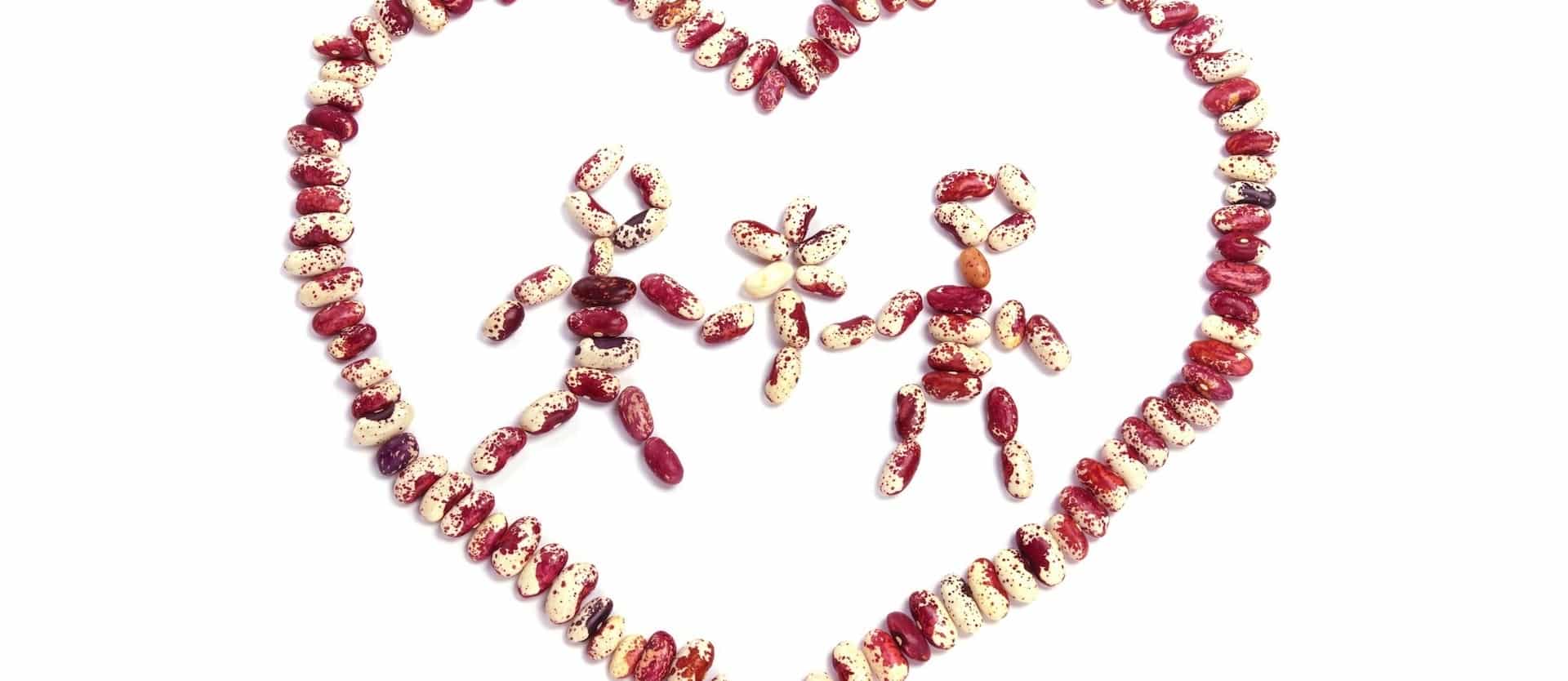
Increased Lifespan from Beans
The intake of legumes—beans, chickpeas, split peas, and lentils—may be the single most important dietary...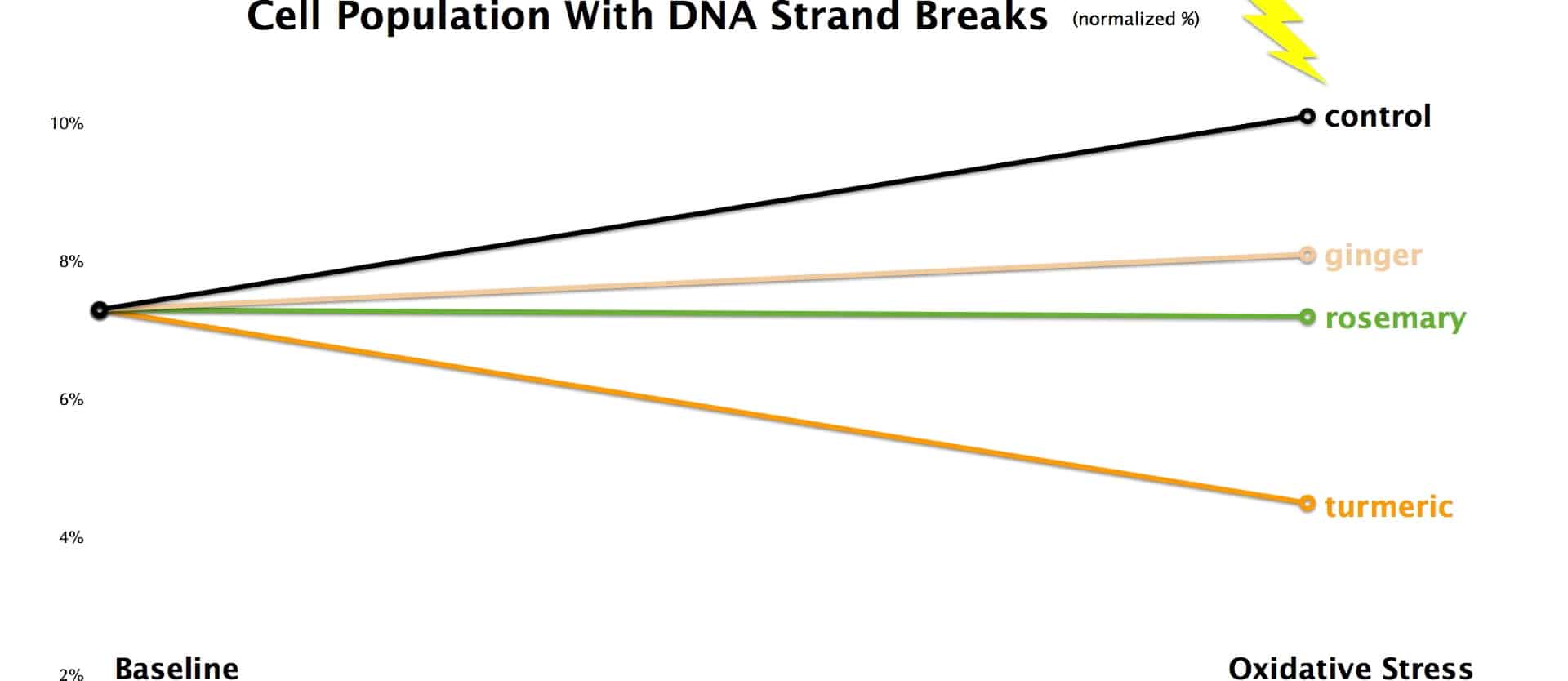
Spicing Up DNA Protection
The DNA of those cooking with spices such as ginger, rosemary, and turmeric appears less...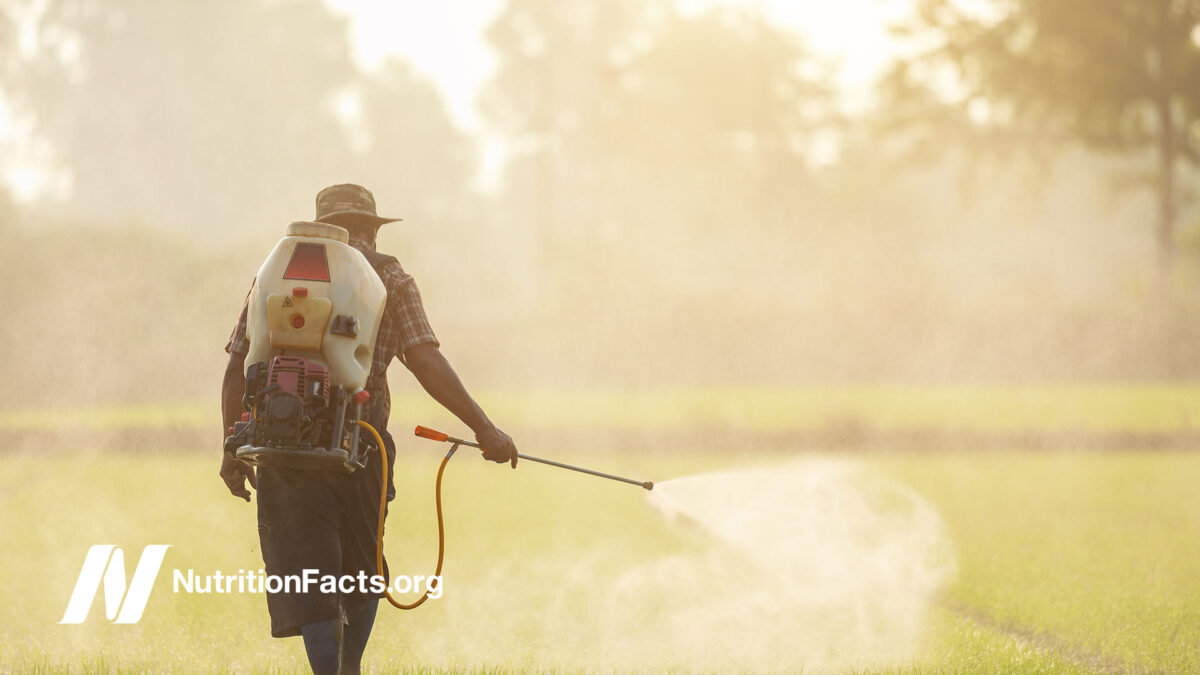
Protein, Puberty, and Pollutants
The early onset of puberty in girls associated with animal protein consumption may be due...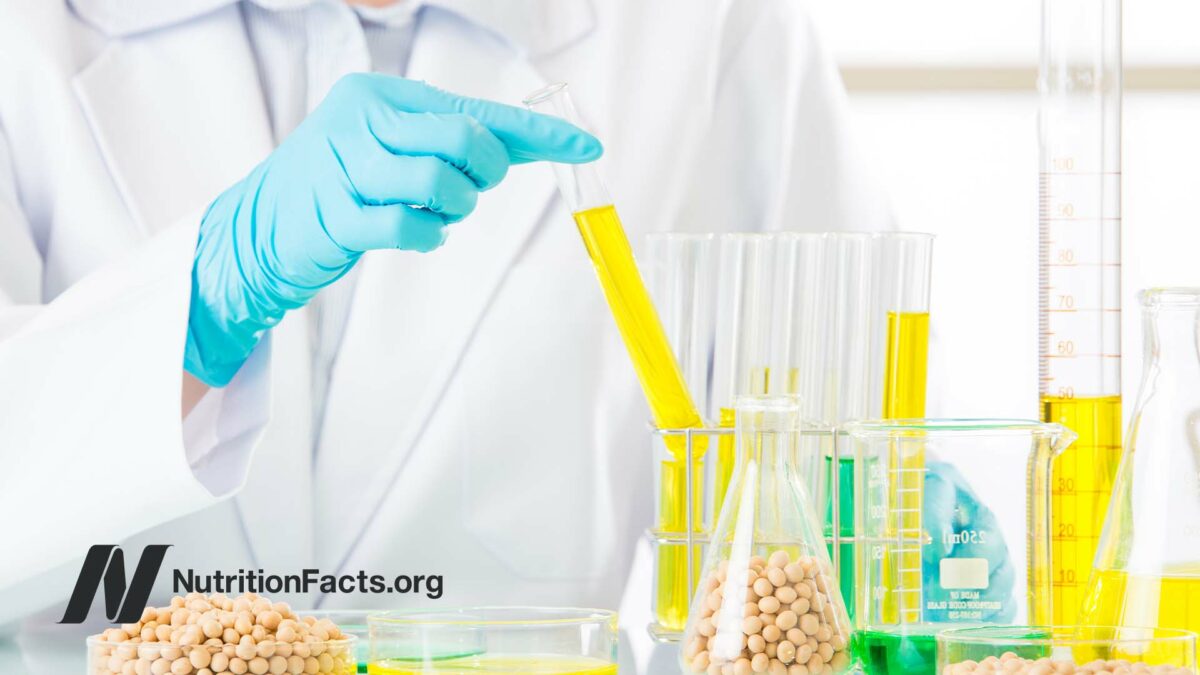
GMO Soy and Breast Cancer
The hormonal effects of the Roundup pesticide on GMO soy put into perspective.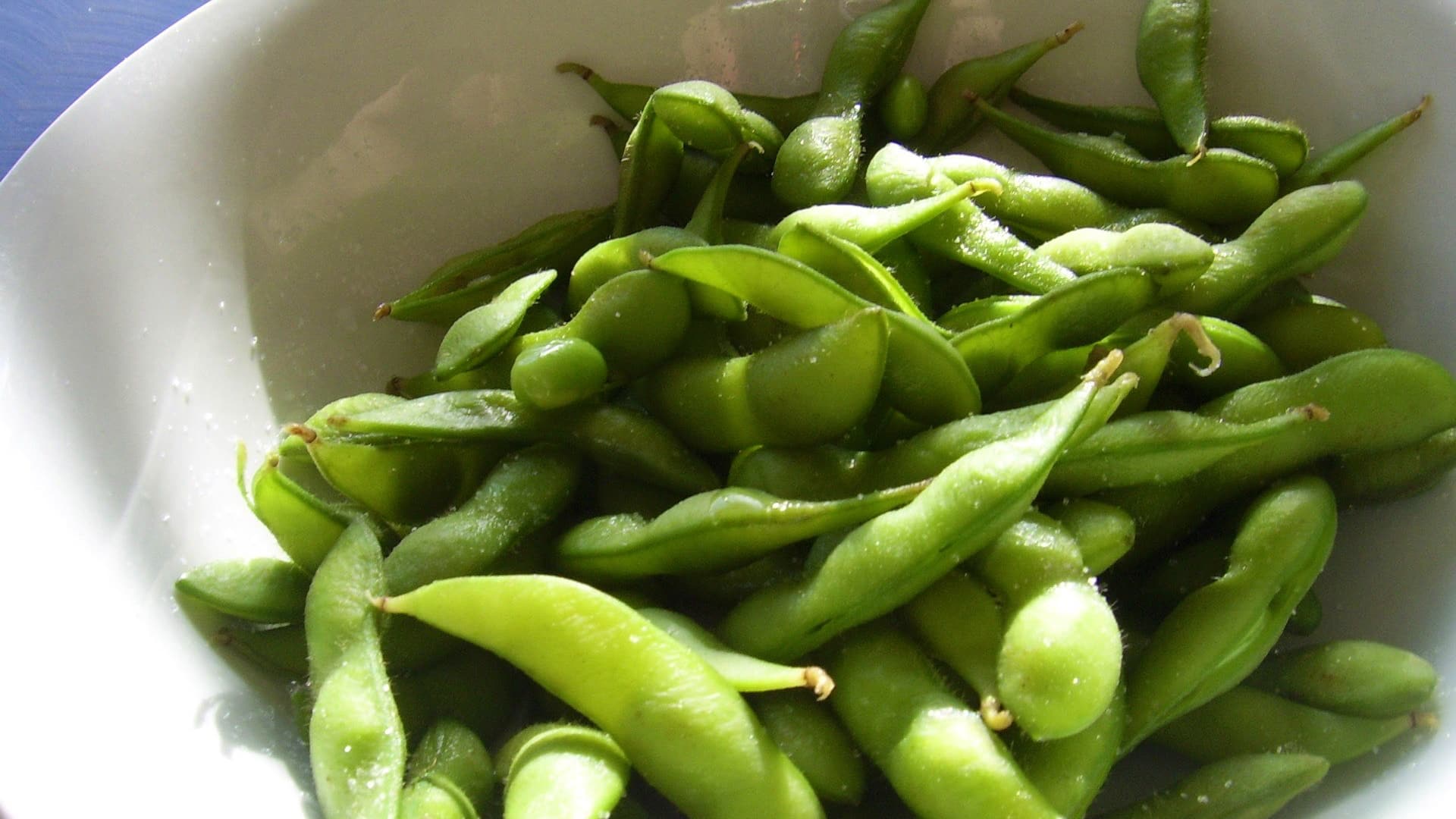
Who Shouldn’t Eat Soy?
How can soy foods have it both ways with pro-estrogenic effects in some organs that...All Videos for Soy
-

Pesticide Exposure and Hypospadias Birth Defects in Vegetarians
What role do vegetarian diets and organic foods play in the prevention or promotion of a birth defect called hypospadias?
-

How to Get Enough Polyphenols for Life Extension
Is the link between flavonoid consumption and longevity cause-and-effect, and are all sources of flavonoids equally healthy?
-

The Trade-Off Between Fertility and Longevity, and Causes of Precocious Puberty
A century ago, the age of first menstruation averaged as late as nearly 17. Why is sexual maturity coming so much earlier now?
-

How to Prevent Wrinkles with Diet
The evidence supports the recommendation to follow a whole food, plant-based diet for healthier looking skin.
-

How to Boost Collagen Synthesis with Diet
Which foods can increase collagen deposition and prevent wrinkles?
-

How Not To Age – Live Presentation
In this live lecture, Dr. Greger offers a sneak peek into his latest book, How Not to Age, a New York Times Best Seller.
-

Soy Foods for Menopause Hot Flash Symptoms
Soy can be considered a first-line treatment for menopausal hot flash and night sweat symptoms.
-

Menopausal Hot Flashes Are Not Inevitable
Why do 85 percent of menopausal women suffer hot flashes in some countries but only 15 percent in others?
-

Dietary Sources of the “Longevity Vitamin” Ergothioneine
It may be even more important to include mushrooms (or tempeh) in our diet as we age.
-

Soy Milk for Vaginal Menopause Symptoms
Soy foods may explain why Japanese-American women not only have the lowest rates of hot flashes in the United States but also have the lowest rates of vaginal dryness.
-

Is Soy Milk the Most Nutritious Non-Dairy Milk?
Soy milk is compared to dairy milk and other plant-based milks.
-

Which Foods Are the Most Anti-Angiogenic?
For cancer prevention, researchers suggest “constant consumption” of anti-angiogenic foods.
-

Plant-Based Pregnancy Outcomes and Breast Milk
The composition of breast milk is compared between vegetarian and nonvegetarian women.
-

The Best Diet for Fibromyalgia and Other Chronic Pain Relief
Anti-inflammatory diets can be effective in alleviating chronic pain syndromes.
-

Treating Parkinson’s Disease with Fava Beans (Faba or Broad Beans)
Fava bean sprouts and soy nuts are put to the test for Parkinson’s disease as natural sources of L-dopa.
-

How to Naturally Reduce Wrinkles with Food
Almonds are put to the test in a randomized controlled trial for facial wrinkles.
-

Dietary Approach to Naturally Treating Menopause Symptoms
Specific foods have been shown in randomized controlled trials to improve symptoms like hot flashes.
-

The Role of Kimchi and H. Pylori in Stomach Cancer
What explains the Achilles’ heel in certain Asian diets?
-

Are the Health Benefits of Nuts Limited to Those Eating Bad Diets?
Do nut eaters live longer simply because they swap in protein from plants in place of animal protein?
-

Food for Hair Growth
Hot peppers, soy foods, and pumpkin seeds may help with hair loss.
-

Fighting the Ten Hallmarks of Cancer with Food
The foundation of cancer prevention is plants, not pills.
-

The Side Effects of 3-MCPD in Bragg’s Liquid Aminos
Chlorohydrin contaminates hydrolyzed vegetable protein products and refined oils.
-

The Healthiest Natural Source of Iodine
How much nori, dulse, or arame approximate the recommended daily allowance for iodine?
-

Is Heme Iron the Reason Meat Is Carcinogenic?
Rectal biopsies taken before and after eating meat determine the potentially DNA-damaging dose of heme.
-

Heme-Induced N-Nitroso Compounds and Fat Oxidation
What do clinical studies show about the role of heme in the formation of a class of carcinogenic compounds?
-

What About the Heme in Impossible Burgers?
Is heme just an innocent bystander in the link between meat intake and breast cancer, diabetes, heart disease, stroke, and high blood pressure?
-

The Health Effects of Mycoprotein (Quorn) Products vs. BCAAs in Meat
Clinical trials on Quorn show that it can improve satiety and help people control cholesterol, blood sugar, and insulin levels.
-

Plant-Based Meat Substitutes Put to the Test
What are the effects of plant-based meats on premature puberty, childhood obesity, and hip fracture risk?
-

Plant-Based Protein: Are Pea and Soy Protein Isolates Harmful?
What are the different impacts of plant protein versus animal protein, and do the benefits of plant proteins translate to plant protein isolates?
-

The Environmental Impacts of Plant-Based Meat Substitutes
Environmental assessment of 50 different plant-based meats show them to be vastly more sustainable.
-

The Role of Taxpayer Subsidies in the Obesity Epidemic
Why are U.S. taxpayers giving billions to support the likes of the sugar and livestock industries?
-

Evidence-Based Weight Loss – Live Presentation
In this live presentation, Dr. Greger offers a sneak peek into his book How Not to Diet.
-

Recipe: Edamame Guacamole
Here’s a spin on traditional guacamole, from the How Not to Die Cookbook.
-

How the Dairy Industry Designs Misleading Studies
How the meat and dairy industries design studies showing their products have neutral or even beneficial effects on cholesterol and inflammation.
-

The Best Advice on Diet and Cancer
What does the best available balance of evidence say right now about what to eat and what to avoid to reduce your risk of cancer?
-

Coconut Water and Depression
What is the science behind the marketing of foods for antidepressant effects?
-

Benefits of Beans for Peripheral Vascular Disease
Do legumes—beans, chickpeas, split peas, and lentils—work only to prevent disease, or can they help treat and reverse it as well?
-

Should Women with Fibroids Avoid Soy?
When it comes to uterine fibroids, is soy harmful, harmless, or helpful?
-

Shark Cartilage Supplements Put to the Test to Cure Cancer
Shark cartilage supplements carry risks, but so do many cancer treatments. The question is, do they work?
-

Dr. Greger’s Daily Dozen Checklist
In my book How Not to Die, I center my recommendations around a Daily Dozen checklist of everything I try to fit into my daily routine.
